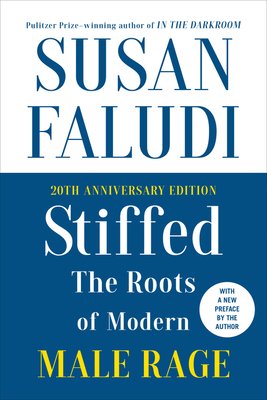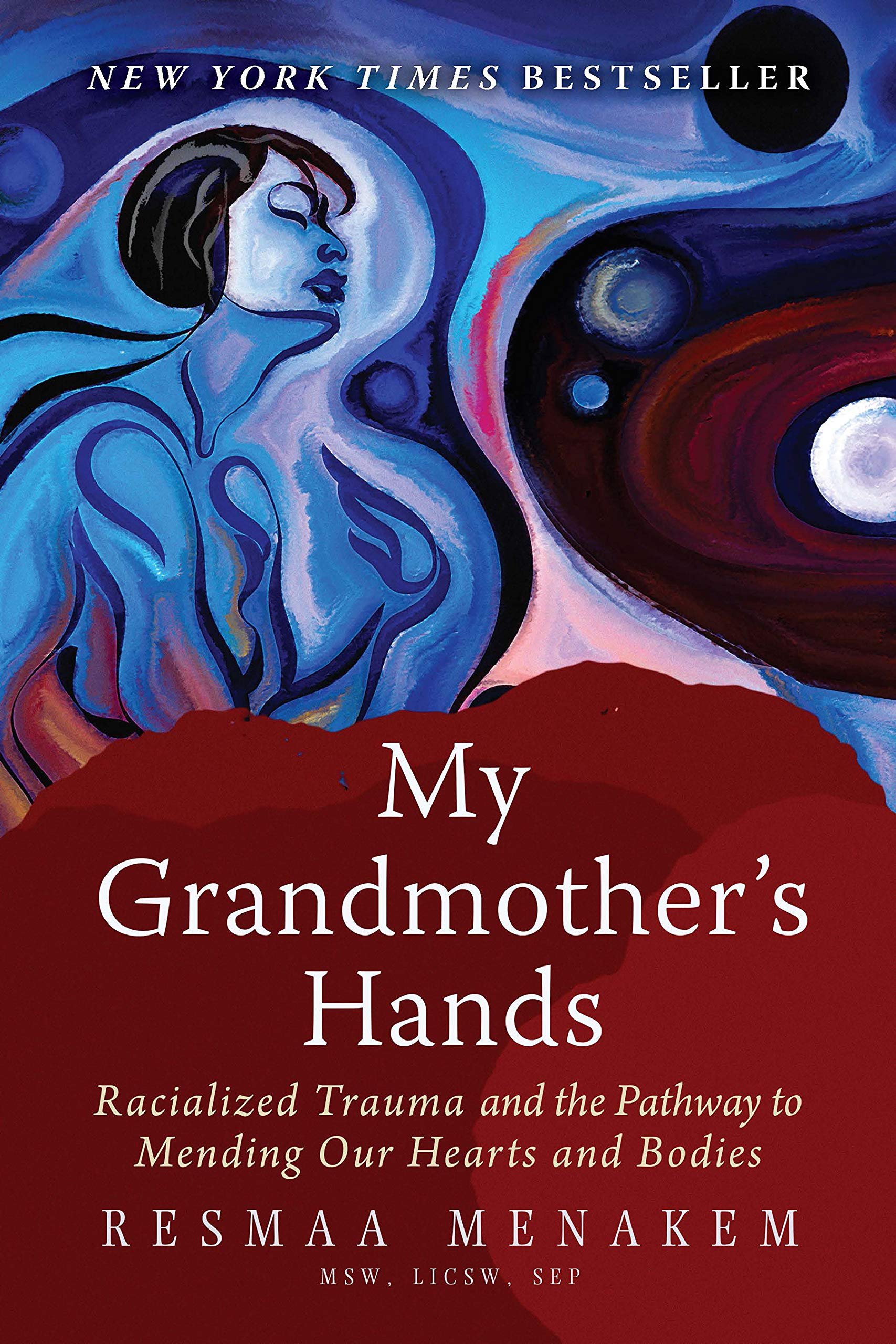Despite the availability of courses in multiculturalism and workshops in diversity training, and despite the increase in relationships of various kinds across racial lines, most White people seem to be unaware of the emotional price they pay for even unwanted participation in such system.”
Ann Todd Jealous
Resources
Books
Combined Destinies: Whites Sharing Grief About Racism; Ann Todd Jealous and Caroline T. Haskell, eds., 2013, Potomac Books
By begining a conversation that encourages self-examination and compassion, Combined Destinties invites its readers to look at how White Americans have been hurt by the very ideology that their ancestor’s created. Editors Ann Todd Jealous and Caroline T. Haskell, both experienced psychotherapists skilled at facilitating dialogue about racial issues, are cognizant of the challenges that even the thought of such conversations often presents. Their book is based on the premise that for positive and lasting change to occur, hearts as well as minds must be opened.
Radical Dharma: Talking Race, Love, and Liberations; Rev angel Kyodo williams, Lama Rod Ownens, and Jasmine Syedullah, PhD, 2016, North Atlantic Books
Offering their own histories and experiences as illustrations of the types of challenges facing dharma practitioners and teachers who are different from those of the past five decades, they ask how teachings that transcend color, class, and caste are hindered by discrimination and the dynamics of power, shame, and ignorance. Their illuminating argument goes beyond a demand for the equality and inclusion of diverse populations to advancing a new dharma that deconstructs rather than amplifies systems of suffering and prepares us to weigh the shortcomings not only of our own minds but also of our communities.
Dying of Whiteness: How the Politics of Racial Resentment is Killing America’s Heartland, Jonathan M. Metzl, 2019, Basic Books
In election after election, conservative White Americans have embraced politicians who pledge to make their lives great again. But as physician Jonathan M. Metzl shows in Dying of Whiteness shows, the policies that result actually place white Americans at ever-greater risk of sickness and death. Interviewing a range of everyday Americans, Metzl examines how racial resentment has fueled progun laws in Missouri, resistance to the Affordable Care Act in Tennessee, and cuts to schools and social services in Kansas. He shows these policies' costs: increasing deaths by gun suicide, falling life expectancies, and rising dropout rates.
Now updated with a new afterword, Dying of Whiteness demonstrates just how much White America woud benefit by emphasizing cooperation rather than chasing false promises of supremacy.
I Hope We Choose Love: A Trans Girl’s Notes from the End of the World, Kai Cheng Thom, 2019, Arsenal Pulp Press
In a heartbreaking yet hopeful collection of personal essays and prose poems, blending the confessional, political, and literary, Kai Cheng Thom dives deep into the questions that haunt social movements today. With the author's characteristic eloquence and honesty, I Hope We Choose Love proposes heartfelt solutions on the topics of violence, complicity, family, vengeance, and forgiveness. Taking its cues from contemporary thought leaders in the transformative justice movement such as adrienne maree brown and Leah Lakshmi Piepzna-Samarasinha, this provocative book is a call for nuance in a time of political polarization, for healing in a time of justice, and for love in an apocalypse.
The Body Keeps the Score: Brain, Mind, and Body in the Healing of Trauma, Bessel van der Kolk, M.D., 2014, Viking Penguin
Trauma is a fact of life. Veterans and their families deal with the painful aftermath of combat; one in five Americans has been molested; one in four grew up with alcoholics; one in three couples have engaged in physical violence. Dr. Bessel van der Kolk, one of the world's foremost experts on trauma, has spent over three decades working with survivors. In The Body Keeps the Score, he uses recent scientific advances to show how trauma literally reshapes both body and brain, compromising sufferers' capacities for pleasure, engagement, self-control, and trust. He explores innovative treatments--from neurofeedback and meditation to sports, drama, and yoga--that offer new paths to recovery by activating the brain's natural neuroplasticity.
Stiffed: The Roots of Modern Male Rage [20th Anniversary Edition], Susan Faludi, 1999/2019, Harper Perennial and William Morrow
Faludi turns her attention to the so-called "Angry Male" politics plaguing the nation. Through deeply researched, nuanced, and empathetic character studies of distressed industrial workers, laid-off aerospace engineers, combat veterans, football fans, evangelical husbands, suburban and inner-city teenage boys, and Hollywood and porn actors, Stiffed goes beyond the easy explanations of male misbehavior--that it's driven by chromosomes or hormones--to lay bare the powerful social and economic forces that have shattered the postwar compact defining American manhood. Faludi's vivid storytelling illuminates the historic and traumatic paradigm shift from a "utilitarian" manliness, grounded in civic and communal service, to an "ornamental" masculinity shaped by entertainment, marketing, and performance values.
Healing Resistance: A Radically Different Response to Harm, Kazu Haga, 2020, Parallax Press
With over 20 years of experience practicing and teaching Kingian Nonviolence, Haga offers us a practical approach to societal conflict first begun by Dr. Martin Luther King Jr. during the Civil Rights Movement, which has been developed into a fully workable, step-by-step training and deeply transformative philosophy. Kingian Nonviolence takes on the timely issues of endless protest and activist burnout, and presents tried-and-tested strategies for staying resilient, creating equity, and restoring peace.
An accessible and thorough introduction to the principles of nonviolence, Healing Resistance is an indispensable resource for activists and change agents, restorative justice practitioners, faith leaders, and anyone engaged in social process.
Perpetration-Induced Traumatic Stress: The Psychological Consequences of Killing, Rachel M. MacNair, 2005, Praeger/Greenwood Publishing Group
This volume introduces the concept of Perpetration-Induced Traumatic Stress (PITS), is a form of PTSD symptoms caused not by being a victim or rescuer in trauma, but by being an active participant in causing trauma. Sufferers include soldiers, executioners, or police officers, where it is socially acceptable or even expected for them to kill.
Compared to the more widely understood PTSD, there appears to be greater severity and different symptom patterns for those affected by PITS. Obvious differences to be explored for those who kill include questions of context, guilt, meaning, content of dreams, and sociological questions, leading to special implications for therapy, research into the causality of PTSD, and violence prevention efforts. Disciplines including sociology, public policy, history, philosophy, and theology will also find applications for this groundbreaking material.
My Grandmother’s Hands: Racialized Trauma and the Pathway to Mending Our Hearts and Bodies, Resmaa Menakem, 2017, Central Recovery Press
In this groundbreaking book, therapist Resmaa Menakem examines the damage caused by racism in America from the perspective of trauma and body-centered psychology.
The body is where our instincts reside and where we fight, flee, or freeze, and it endures the trauma inflicted by the ills that plague society. Menakem argues this destruction will continue until Americans learn to heal the generational anguish of white supremacy, which is deeply embedded in all our bodies. Our collective agony doesn't just affect African Americans. White Americans suffer their own secondary trauma as well. So do blue Americans—our police.
Film
This section has been modified to support both mobile and desktop users on The Spillway. For desktop users, to view the trailer for each film, please enlarge the YouTube video by going to the bottom right of each video and clicking the “fullscreen” icon.











